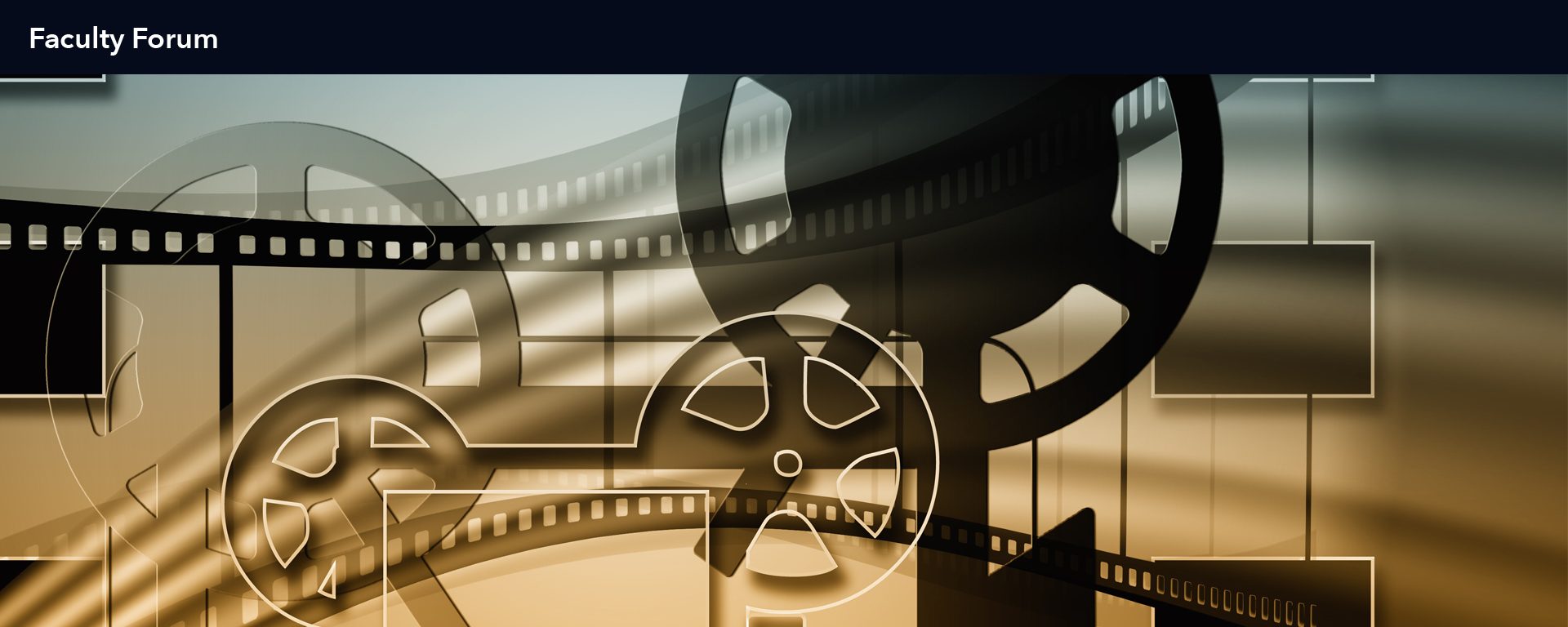Getting “Two Thumbs Up” on your Cover Letter from Tough Career Critics
by Dr. Michael Wolter
During a recent workshop on developing résumés and cover letters, students asked why cover letters are important, how they should be written, and if employers even read them.
When individuals are actively searching for jobs, they might easily spend eight hours or more cautiously crafting a solid résumé — all for a hiring manager’s momentary review. It’s even more frustrating when you factor in creating and customizing a cover letter that will be scanned in seconds. Let’s examine these materials and what their real purpose is.
I start my cover letter workshops with some important framing questions. “How many of you go to the movies?” I ask. This generally gets everyone in the room to raise their hand. I then ask, “What do you see before the movie starts?” Students typically respond about the previews or trailers of upcoming films.
“But what do trailers show us?” I inquire.
Students go on to describe the hero of the movie, awesome fight scenes, and the intense plot twists and turns. I jokingly ask, “We don’t see the hero of the movie waking up, getting dressed, eating breakfast, getting stuck in traffic, reading a book… why?”
“No one will spend that much money to go see a movie like that!” they answer.
This is exactly my point. Your résumé is YOUR movie, so think of your cover letter as the trailer. If you can grab the attention of your audience (i.e., future employers) during your trailer, they will want to flip the page to continue on to your résumé. With so many applicants out there, you want your cover letter to stand out among the others.
Quality contents that captures employers’ attention
Every cover letter should have introductory and concluding paragraphs. It is the body, or the content area, of your cover letter that will grab your audience’s attention. Review the job description for which you are applying and identify the top two to three priorities of the position. Now go to your résumé and see how your experiences, education, and qualifications align with those priorities.
Align one of those priorities to your experiences or education and you have a paragraph. Expand on each match from the job posting to your professional experience and in a short time, you will have three or four paragraphs for your cover letter. Craft your wording with the mindset of a movie trailer: entice your audience (potential employers) to be entertained enough by your professional sneak preview (cover letter) to seek out your movie (résumé) among the reel of other options.
It is important to have a peer, mentor, faculty member, Career Services, or friend review your cover letter. A fresh set of eyes helps pick up errors, word choices, and spelling mistakes you may miss when you review them. Take in their feedback, make the adjustments to your cover letter, and then send them out to be scanned, seen, and successfully selected from among your competition.
Click here to learn more about Goodwin’s Management and Leadership offerings.
Click here to learn more about Goodwin’s Career Services support.
Goodwin University is a nonprofit institution of higher education and is accredited by the New England Commission of Higher Education (NECHE), formerly known as the New England Association of Schools and Colleges (NEASC). Goodwin University was founded in 1999, with the goal of serving a diverse student population with career-focused degree programs that lead to strong employment outcomes.

